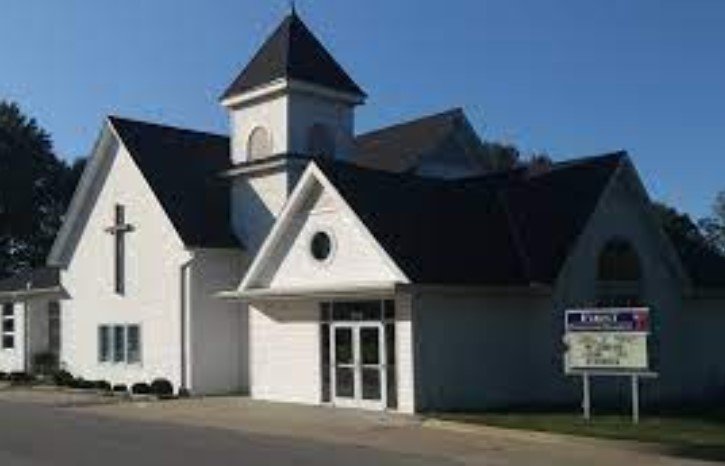Growing a denominational church community requires a strategic approach and a commitment to fostering meaningful relationships. Implementing effective methods can help you expand your congregation and strengthen your church’s impact. Here’s a guide to some of the best ways to grow your denominational church community.

Emphasize Welcoming Practices
Create a Warm and Inviting Atmosphere
The first step in growing your church community is to ensure that your church is welcoming to new visitors. A warm, friendly atmosphere can make a lasting impression. Greet newcomers with genuine hospitality, offer them information about your church, and encourage members to introduce themselves.
Develop an Effective Follow-Up System
Once visitors attend a service, follow-up is crucial. Develop a system to reach out to newcomers, whether through phone calls, emails, or personal notes. This follow-up shows that you value their presence and are interested in helping them integrate into the community.
Foster Community Engagement
Organize Regular Events and Activities
Community engagement is key to growth. Organize regular events and activities that cater to different age groups and interests. From potlucks and game nights to workshops and seminars, these events create opportunities for members to connect and invite others to join.
Establish Small Groups and Ministries
Small groups or ministries focused on specific interests or needs can help build deeper connections among members. These groups provide a sense of belonging and allow people to explore their faith in a more intimate setting. Encourage members to start new groups based on their interests.
Enhance Outreach Efforts
Utilize Social Media and Digital Platforms
In today’s digital age, social media and online platforms are powerful tools for outreach. Create and maintain active social media profiles for your church. Share updates, event information, and inspirational content to reach a broader audience and engage with the community.
Partner with Local Organizations
Collaborating with local organizations can expand your reach and build relationships within the community. Partner with charities, schools, or other community groups to work on service projects or events. These partnerships can introduce new people to your church and demonstrate your commitment to local needs.
Strengthen Communication Channels
Improve Internal Communication
Effective communication within your church can enhance member engagement. Use newsletters, bulletins, and email updates to keep members informed about upcoming events, prayer requests, and other important news. Clear and consistent communication helps members feel connected and involved.
Encourage Feedback and Suggestions
Encourage members to share their feedback and suggestions. Create opportunities for open dialogue, such as suggestion boxes or feedback forms. Listening to your congregation’s input helps you address their needs and concerns, fostering a more inclusive and responsive community.
Invest in Leadership Development
Provide Training and Resources for Leaders
Investing in your church leaders is essential for growth. Provide training and resources to help them develop their skills and effectively lead their ministries. Strong, well-prepared leaders can inspire and guide others, contributing to a thriving church community.
Encourage Leadership Roles for Members
Encourage members to take on leadership roles within the church. Offering opportunities for individuals to lead small groups, organize events, or participate in decision-making processes can empower them and foster a sense of ownership and commitment to the church.
Cultivate a Culture of Service
Promote Volunteer Opportunities
Encourage members to volunteer their time and talents. Promote various volunteer opportunities within the church and in the broader community. Service projects not only meet needs but also help members connect with each other and with those they serve.
Recognize and Appreciate Volunteers
Recognize and appreciate the efforts of your volunteers. Acknowledge their contributions publicly and express your gratitude. This recognition reinforces their value and encourages continued involvement, which contributes to the overall growth of the church community.
Conclusion
Growing your denominational church community involves creating a welcoming atmosphere, fostering engagement, enhancing outreach, strengthening communication, investing in leadership, and cultivating a culture of service. By implementing these strategies, you can build a vibrant and expanding congregation that thrives on connection and commitment. Embrace these approaches to see meaningful growth and a stronger, more engaged church community.









